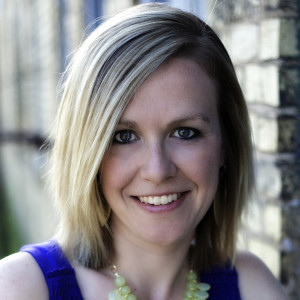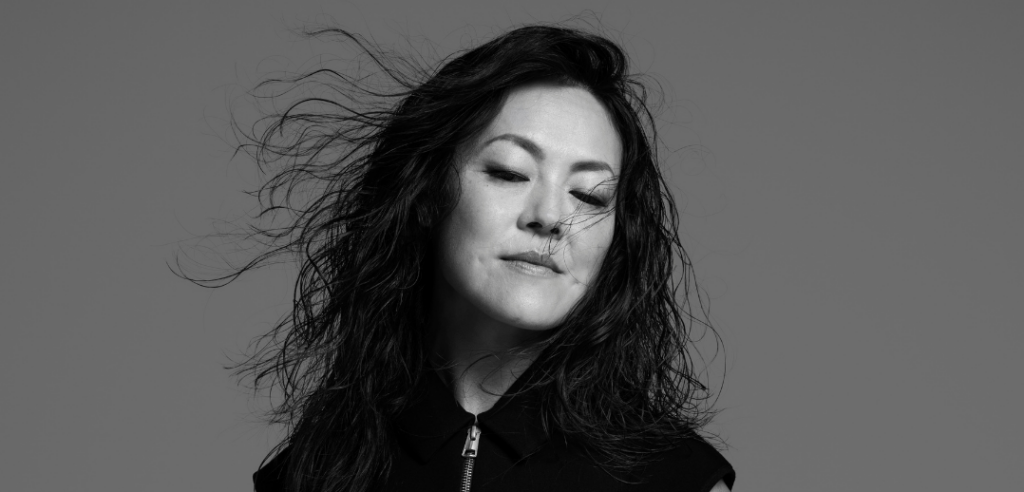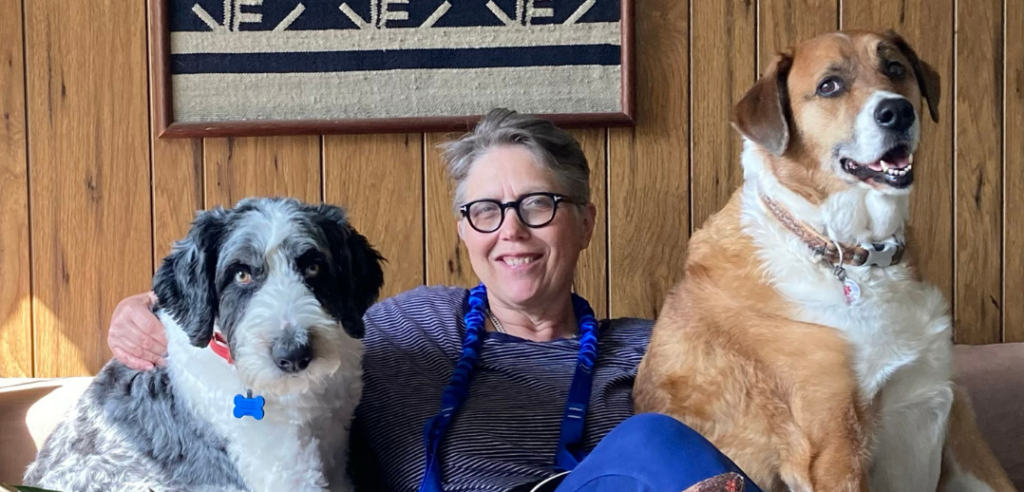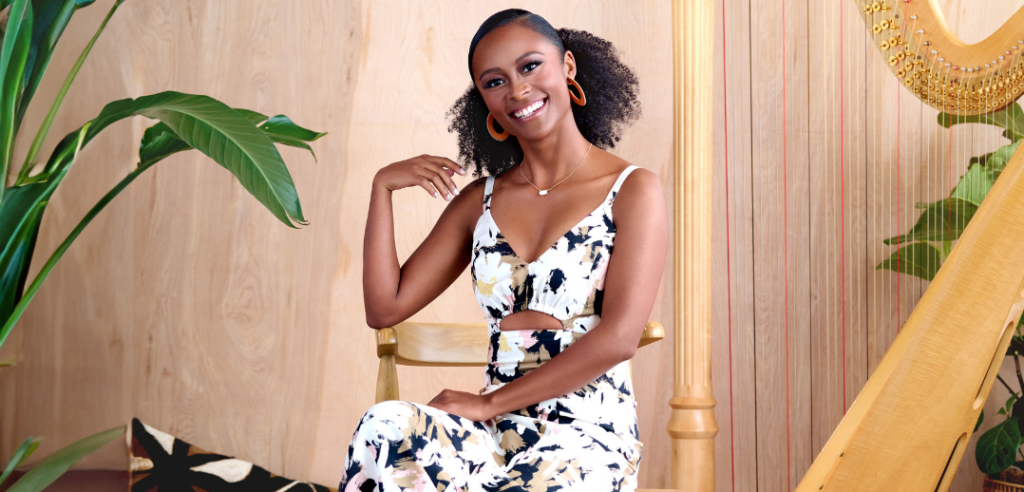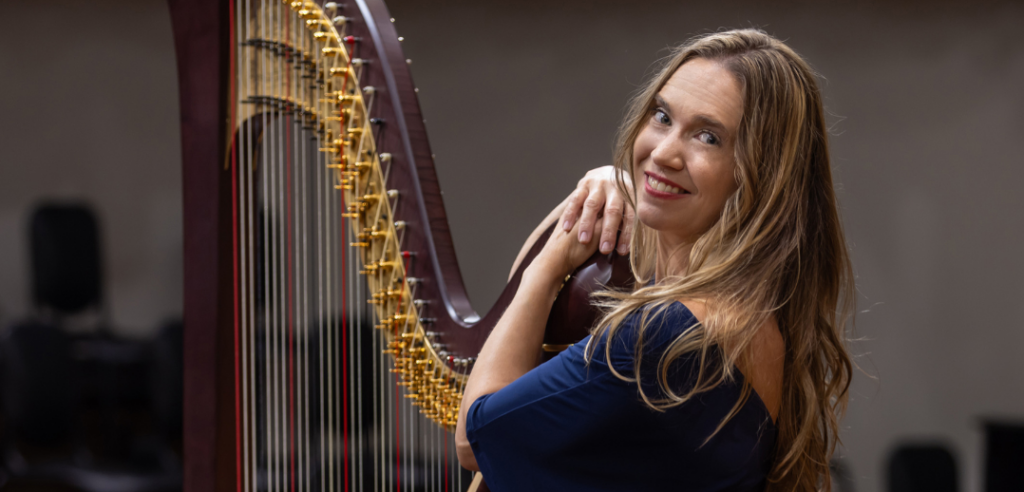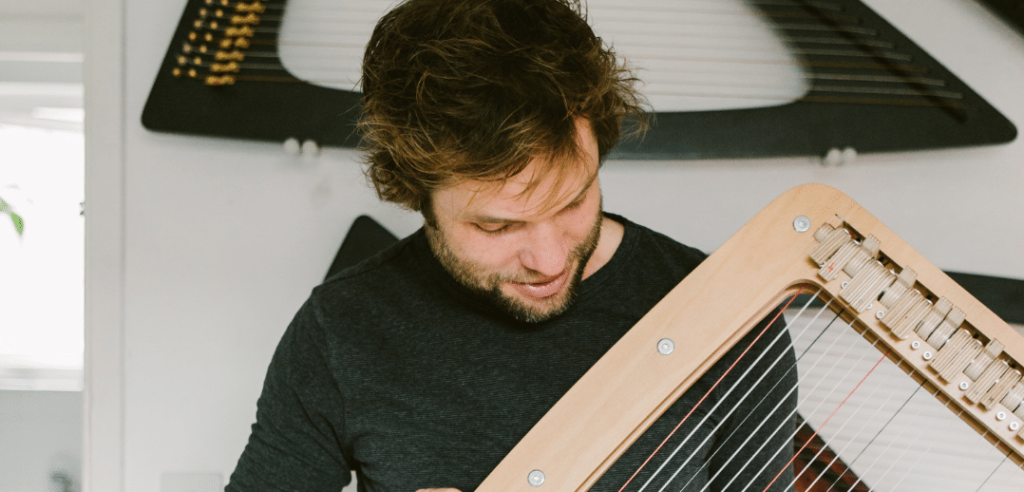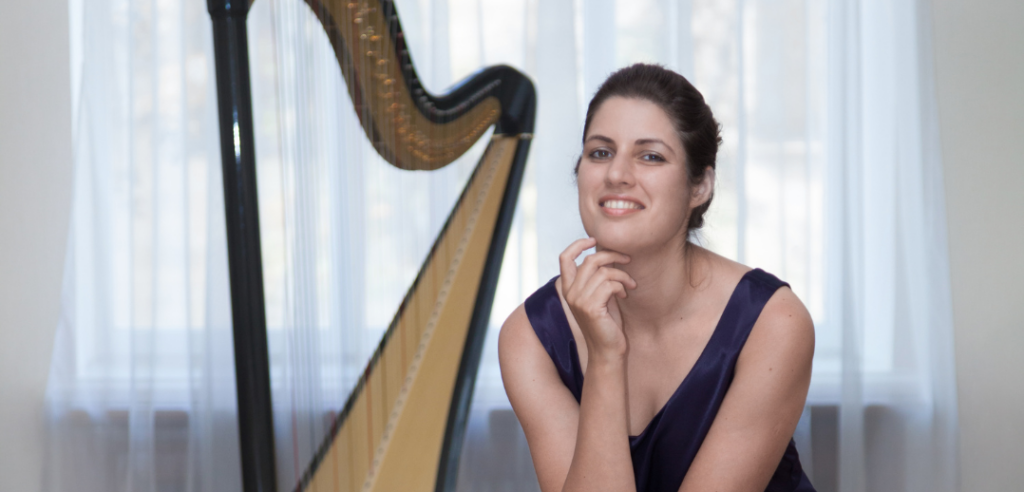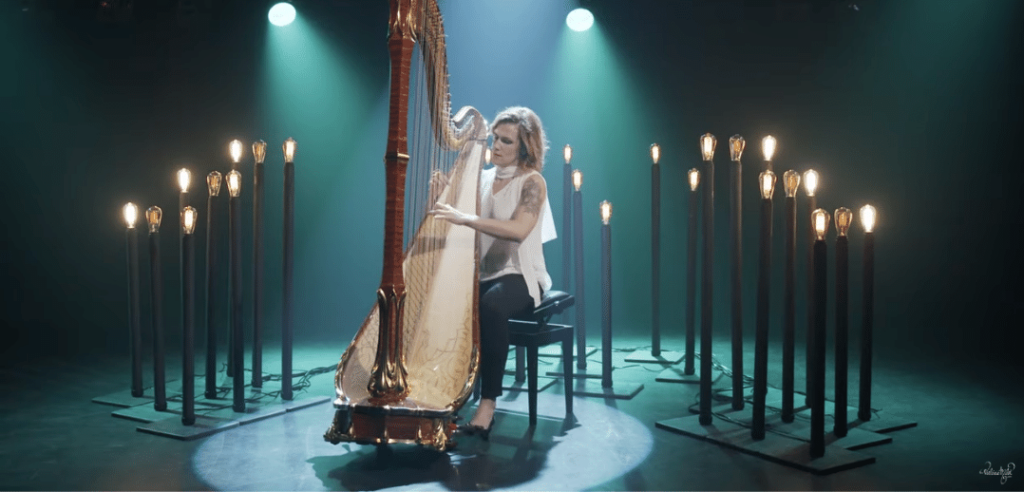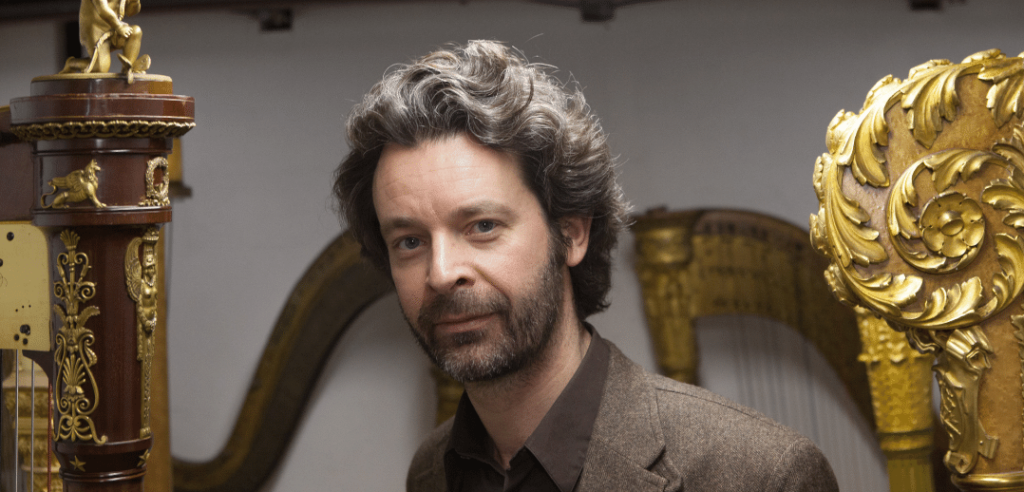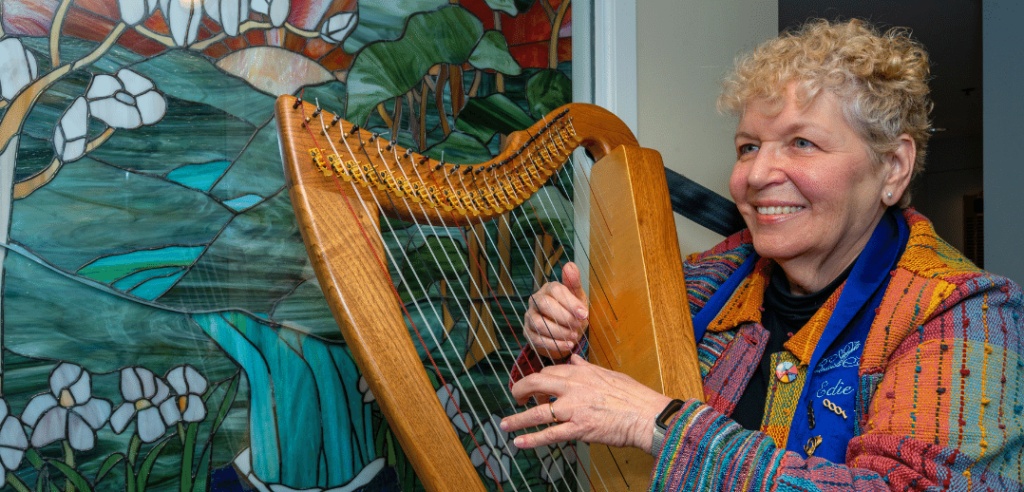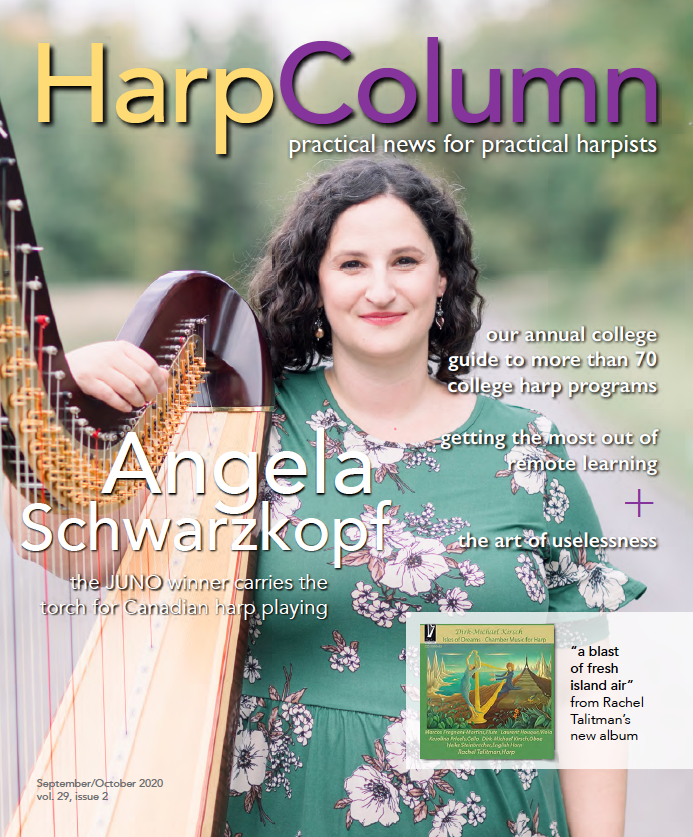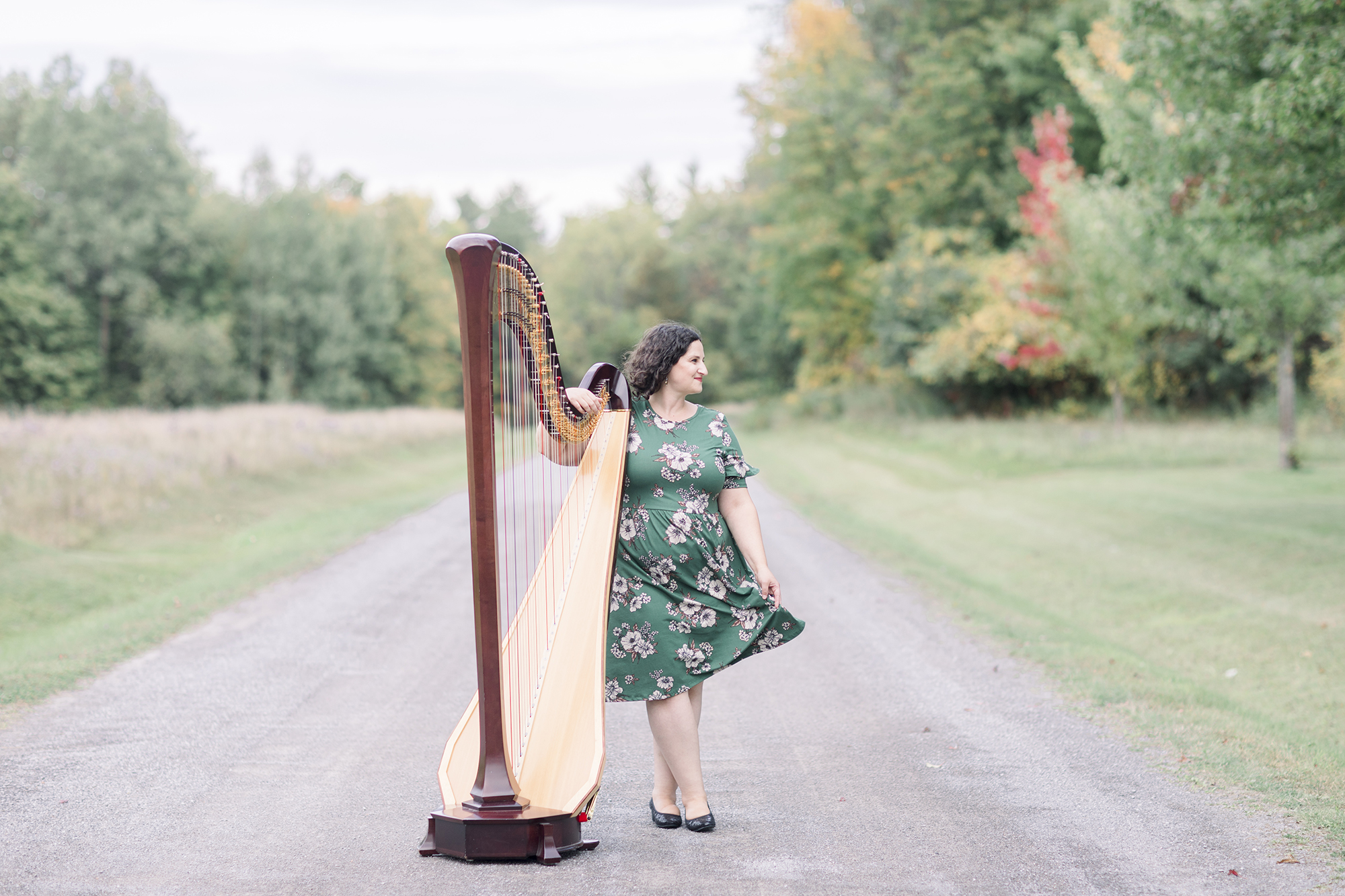
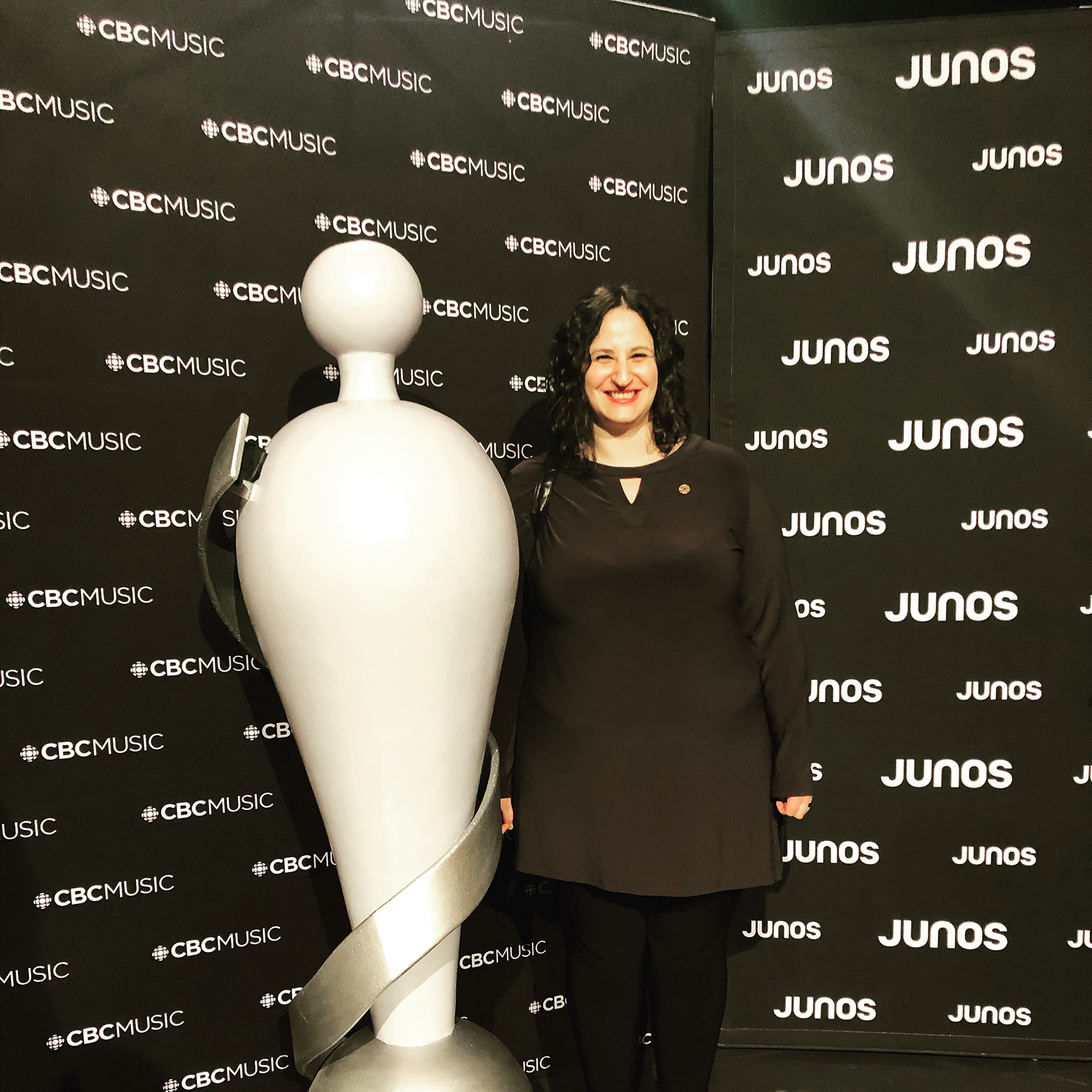


Angela Schwarzkopf. If this name is unfamiliar to you, you could be forgiven…but not for long. This young Canadian harpist won the 2020 JUNO Award for Classical Album of the Year for her album detach. The JUNO Awards are the Canadian equivalent to the GRAMMY Awards in the United States, and Schwarzkopf’s win puts her in elite company. Only two other harpists have ever won a JUNO—Erica Goodman in 1995 and Judy Loman in 1980. That’s a short list any harpist would be thrilled to be on.
What makes Schwarzkopf’s achievement even more remarkable is that the winning album was her debut recording and it consisted exclusively of newly commissioned works. Schwarzkopf’s album was deemed the best in Canada, not for masterworks by Brahms or Mahler, but for her interpretations of innovative contemporary composers that made the selection panel sit forward and listen.
Here at Harp Column, we’ve known Angela for a long time. She is a frequent contributor to the magazine where she always brings the same level of integrity to writing about the harp as she does playing the instrument. We caught up with Angela on Zoom (how else does anyone get together these days?) to talk about her JUNO Award and the rich Canadian harp tradition.
Harp Column: We were thrilled to see a harpist win the JUNO award in June, so we have to start there. Tell us what that moment was like when you found out you won Best Classical Album of 2020.
Angela Schwarzkopf: It was wild. All day I was a basket of nerves because I really wanted it, but I felt like the underdog in the category. I was up against people that had much larger, more established careers and who were recording works by Beethoven. Here I was playing all new harp music. I thought it was a unique project that had a lot of value, but I didn’t know how it would stand against these other albums. I knew that being nominated was enough, but I really wanted it. My category was being announced fourth from the end of the awards show, and I thought, “Great, I can be really stressed out for the entire awards show.” [Laughs]
HC: Was the awards show televised?

AS: Yes, I just watched from home with my husband on our couch. My husband decided he wanted to film my reaction, which I thought was ridiculous because I was probably going to lose and we’d just have a video of my losing. But he was insistent, so you can see in the video I’m clutching him and really nervous, and then they announced my name and I just lost it. I jumped up and started screaming and threw myself at my husband and I don’t remember the rest of the awards ceremony—I didn’t hear anything that happened after my name.
HC: That is fantastic.
AS: I feel very strongly that it’s not just my win, though. It’s a win for all six of the composers on the album as well. Without their compositions, without their willingness to be a part of this project, it wouldn’t have happened. All of them listened to me before I recorded. Some of them came to the recording sessions. All of them listened to their tracks as they were being edited and gave their input. It’s really been a team effort.
HC: You’re the first harpist to win a JUNO award in 25 years—Erica Goodman last won in 1995 and Judy Loman won in 1980. That’s elite company to keep!
AS: I feel so incredibly honored.
HC: It’s interesting that with both Erica Goodman and Judy Loman, there is a tradition of championing new music, especially of Canadian composers, and you continued in that mold—your album was all new music, commissioned for the solo harp or chamber settings. Do you feel an obligation to that tradition that these two pillars of the Canadian harp scene started?
AS: Absolutely. I grew up listening to their albums and their music. I felt very connected to these Canadian pieces they had commissioned and were performing.
The whole project started in 2009 because my parents commissioned a piece for me as a surprise gift for me for graduating with my master’s degree. So they really started it.
HC: Are your parents musicians?
AS: No, they were just very supportive. The project snowballed from there. I started working with more composers, which I enjoyed because playing new music was like a puzzle you get to solve by working with the composer. I loved all the aspects of bringing a new composition to life, so I started to build this collection of music that I thought was great. When I was finishing my doctorate and finishing my last steps, I talked to Judy [Loman], and she was the one who said, “You need to make this album now; that should be your next step.”
HC: Did you commission the works on the album with the specific intent of recording them?
AS: Some of the things were commissioned with the intent of being on the album, but many of the pieces were just collected over time. My parents also commissioned a piece as a gift for finishing my doctorate, so I had those two amazing solos. Then I had collaborated with a group called the Toy Piano Composers, so I had a really cool solo from that, as well as a companion piece that was commissioned with the intention of putting those two pieces together on the album. The same thing with another composer—he had written a short movement with the intent of adding to it. I commissioned two outside movements to go with that. Both of those grants I got from the American Harp Society, which was pretty special. The other pieces are ones I had played and thought were awesome, and I wanted to include on the album. It just snowballed over time.
HC: Tell us about the process of commissioning a new piece of music.
AS: I think the first thing is finding a composer you want to work with and someone whose music you like, which kind of goes without saying. [Laughs] You want to be familiar with their music so that you know the style they write in is going to be something you’ll enjoy playing. It’s great if you know them, because then you can form that personal relationship with them, and you’ll be much more a part of the process of bringing this composition to life. Once you find that person, discuss what kind of piece you have in mind, the length, number of movements, and a quote for what it would cost for this piece of music in an ideal world. You need that quote so that when you go to apply for a grant for the commission, you have an accurate picture of what you need.
HC: Commissioning new pieces for the harp is so important for the progression of our instrument. Do you have any advice for harpists who think they might want to try commissioning for the first time? Where do they start?
AS: I think it depends on where someone is in their career. If you’re in school, it is the perfect time to get your feet wet and find out what it is like to work with a composer. If you are in university, there is usually a whole hoard of composers just dying to learn about the instrument and write for the harp. I teach a harp performance class at the University of Toronto, where one of the assignments I give is to find a composer, work with them, teach them about the harp, and have them write you a piece of music. You spend the year working with that composer and learning how to develop that relationship, and then you perform the piece at the end of the year. When you’re out of school, attend new music concerts put on by my arts organizations, listen to the pieces, talk to the composers, and start to get an idea of what you like and don’t like.
HC: What was your favorite piece off the album—or is that like picking a favorite child?
AS: I don’t think I can pick a favorite child! [Laughs] I love them all in very different ways, and I find them all very satisfying to play in different ways and for different moods that I might have.
HC: Let’s switch gears and talk a little bit about your musical influences. No doubt your longtime teacher and mentor Judy Loman has been a significant influence for you.
AS: I started playing the harp when I was 10, after a couple years of piano. My parents took me to the orchestra and let me choose whatever instrument I wanted to play. I tried both cello and harp, but obviously the harp won. My parents really loved classical music and were very supportive. They were always buying albums by various artists and playing them, and we always had the radio on. From a young age, I was influenced by Judy Loman. I would occasionally have lessons with Judy at her farm halfway between Toronto and Ottawa, where I grew up, and she was my first harp examiner through the Royal Conservatory of Music. So as long as I can remember, Judy Loman has been it for me, and in addition to her, Erica Goodman. I grew up listening to so many albums of hers as well, and was very inspired by her playing. It’s a strange feeling for me now to have had the opportunity to perform with both of them and work with them so closely when I grew up listening to them.
HC: You’ve achieved a high level of playing and professional success at a fairly young age. I’m sure it hasn’t all been a smooth ride. What have been some of your struggles in your harp life?
AS: My biggest struggle that I’ve worked to overcome at the harp is my technique. When I started my master’s degree with Judy, she rebuilt my technique from the ground up because I had been playing in a way that caused me to have injuries and pain. I spent months only being allowed to play things very slowly so that I could be thoughtful and mindful about how I was moving my hands and my body. I had to correct things that were hurting me. Judy was amazing and patient. I still have to work on it. But I think that’s the case for everyone—we all have things we have to keep working on in our playing to ensure that we’re the best we can be.
HC: What are the keys to being a successful musician today?
AS: I don’t want to say you have to be good at doing everything, but you kind of have to be good at doing everything. You have to be open to doing everything, I think that’s it. There could be a concern that you’re diluting yourself by spreading yourself thin over a number of things, but I think there’s a way to cultivate your skills in a number of different facets at the same time so that you’re building yourself up. I’ve never been one that’s been good at multitasking. So I’ve always been really focused on one thing at a time, like becoming a better teacher or making my CD or writing my doctoral dissertation. But I can switch between those things easily, my top priority tends to shift constantly, and I have to be fluid with that.
HC: So you might dive deep into something but easily be able to come back up and then dive into something completely different.
AS: Yes, and because it is still quite early in my career and I don’t know where it’s going to go, I want to have a lot of options for myself. I want to have the option if I want to go try to win an orchestral job or have the opportunity to teach at a university—I want to have all these doors open, so I continually seek good experiences in playing and teaching and publishing articles.
HC: You are the first harpist to receive a doctorate of music in harp in Canada—an impressive achievement. You’ve also written for Harp Column in the past about how harpists can find the right college program What advice would you give harpists right now who are looking for colleges now in this weird COVID era.
AS: It is such a difficult time for students who are looking at colleges. Normally, I would say go to the city, tour the school, see all the rooms, meet with the teacher. But you can’t do all that right now. However, you can do some of those things right now. Probably the most important thing is finding the right teacher—making sure you work well with that teacher. You can still do that from home. You can meet on Zoom and have a lesson or a talk with them. I would say it’s equally important for university teachers to find students who they connect with, who they think they can work with and help grow. You can also find out lots about what it’s like to be in that program by talking to current students online. You can still make those important connections from home.
HC: How has this COVID environment affected your career? Do you see any changes in the music industry lasting beyond the end of the pandemic?
AS: I freelance, and I had about 15 booked concerts canceled because of the pandemic. It was devastating for my bank account, but at the same time I felt very lucky that I have such a varied career, because I was able to just switch gears and focus on my teaching and really be there consistently for my students since I didn’t have to take time off to play concerts. Probably the hardest cancellation was the JUNO in-person award ceremony. I was going to perform a track from my album and also accompany a singer, and I was so excited to have that opportunity to perform on live television and to network and meet other people in my industry who I wouldn’t otherwise have the opportunity to meet. That’s been the hardest hit of COVID—losing that opportunity. But we’ve all made the best of it. I think the lasting change that will come out of this is that a lot more organizations will be active on social media that weren’t before. I think the audiences will expect it. “Oh, I can’t make it to this concert, but you’re going to livestream it and put it on YouTube for me to watch later, right?”
HC: That’s true. You’re right. There is a different expectation of the level of availability of performances.
AS: And your potential audience for concerts—especially in remote locations—is so much larger when they are livestreamed.
HC: That’s definitely been a revelation—how much longer your reach can be when your event is livestreamed rather than simply held in person.
AS: It will hopefully make our audiences bigger and fuller and include a wider demographic and help us engage in a different way than we have in the past. •
All About Angela
Snow or sand? Sand. I love snow, and as a child I loved playing in snow. But as an adult, I love playing in sand.
Flats, heels, or barefoot? Barefoot. I have to admit, that’s been a benefit of playing livestreams—the camera angle doesn’t show my feet, so I didn’t wear shoes! It was awesome. I love playing barefoot.
Favorite piece to play on the harp? I don’t have one, but I do love playing the music of Tournier. I find it very satisfying the way he uses the sonorities of the harp and the way it fits in the hands.
Last recording you bought? A friend of mine is a folk singer, and I bought her album recently. But prior to that I think it was Taylor Swift!
If you didn’t play the harp? I think I would like to be a photographer.
Hockey or skiing? Neither. I don’t really do sports. [Laughs]
English or French: English, just because that’s the language I’m comfortable with, but my husband is French-Canadian, and so when I’m with his family they all speak French, but I can’t keep up. I’m pretty good at reading French, and I practice French every day on Duolingo. I’d like to be fluent, but I can’t say a whole lot. I think the biggest challenge is how many different dialects of French-Canadian there are, and it’s difficult to understand them all.






